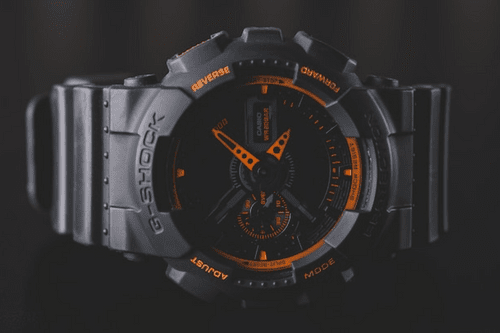Physical Address
College House, 2nd Floor, 17 King Edwards Road, London, HA4 7AE

My name is Matt, and I have been a digital nomad for…

As a digital nomad, having an income is essential. Here are 15…

Are you sitting there wondering just what laptop is best for Zoom…

Are you dreaming of a life where you can work from anywhere?…

The 13 best tax havens for digital nomads in 2024 will help…

Looking for the best South American countries for digital nomads? Look no…

Isn’t it about time that someone wrote an article about the best…

If you are wondering if laptops are allowed in checked luggage, the…

Do you dream of escaping the confines of your office and working…

This article explores the top GPS smartwatches with Google Maps navigation, providing…